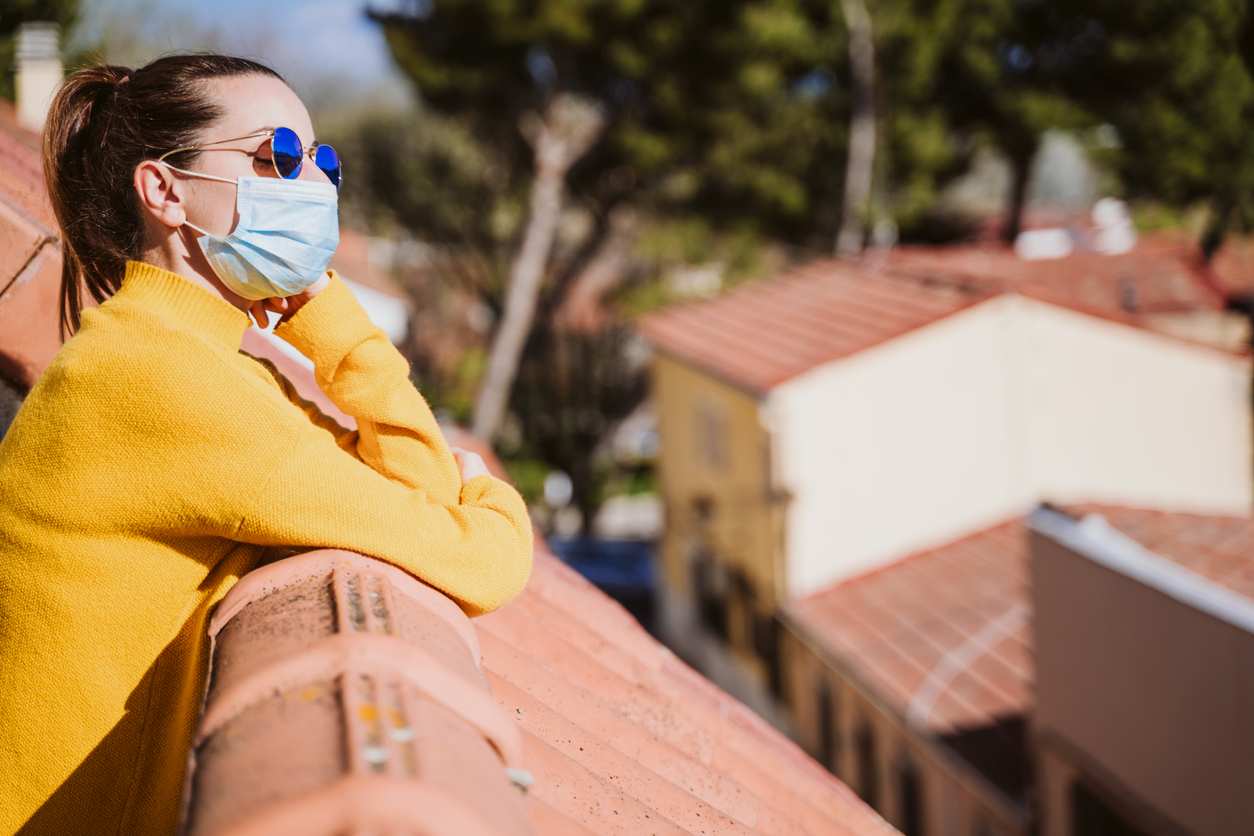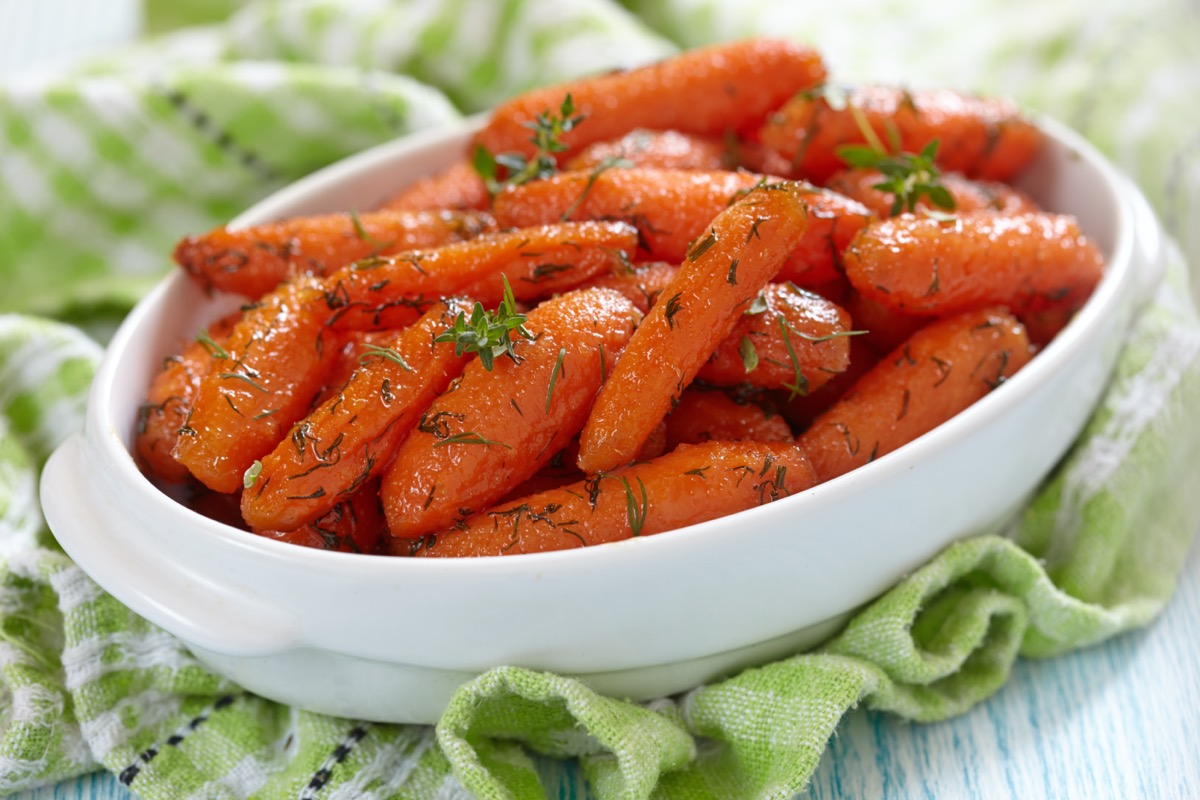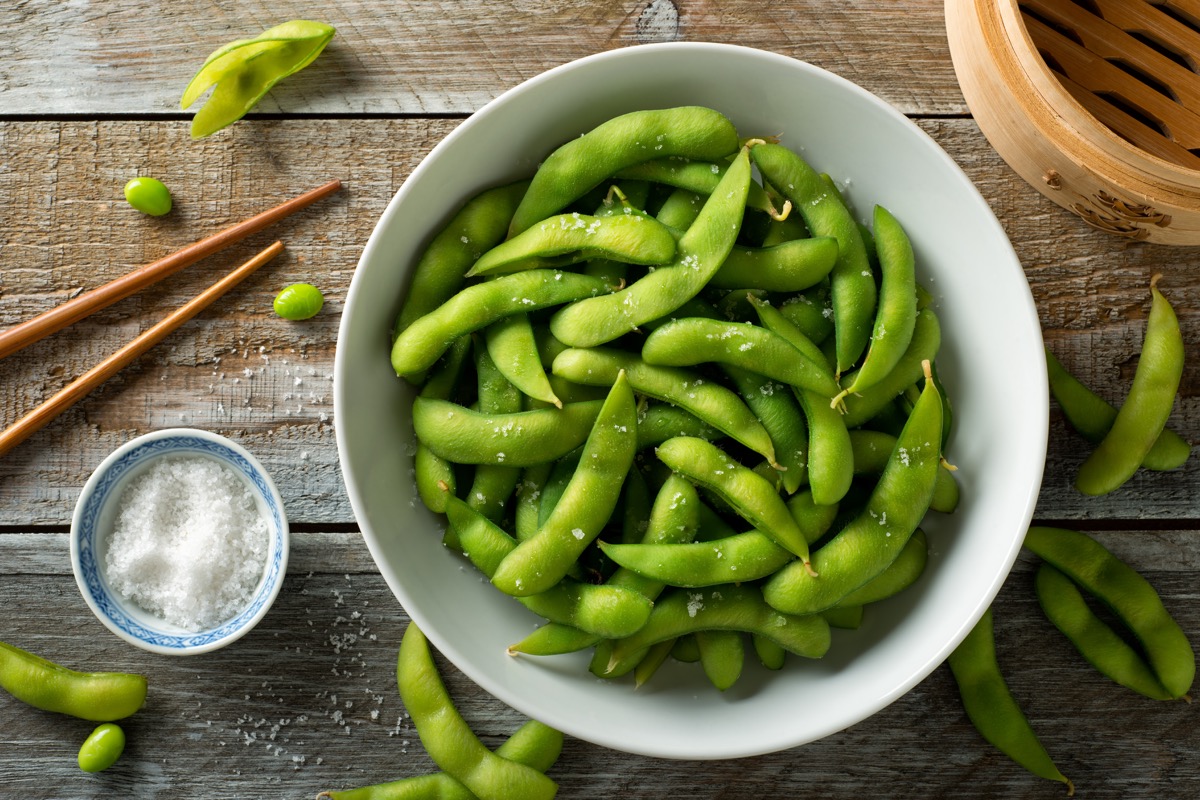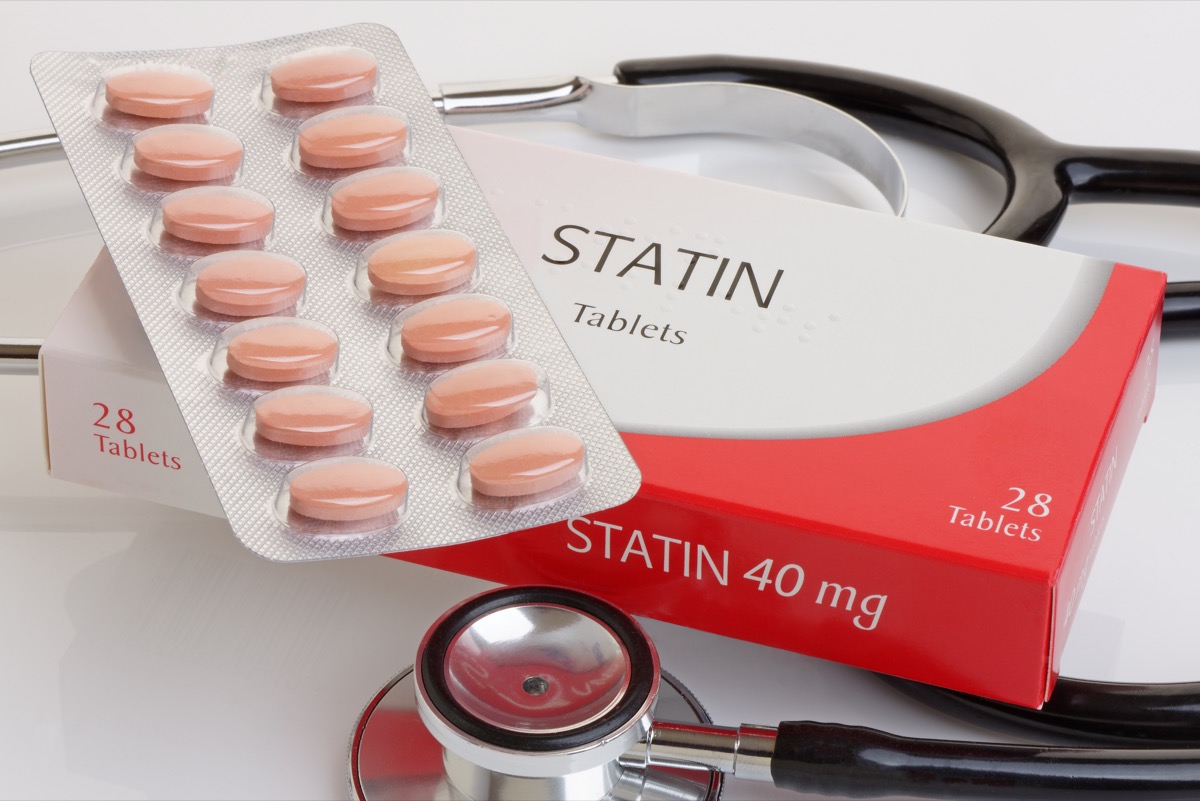Higher circulating levels of vitamin D has been linked to more favorable outcomes among COVID patients. “Obesity is a major risk factor for severe COVID. Vitamin D is fat soluble and tends to accumulate in fatty tissue. This can lower the amount of vitamin D available to obese individuals,” explained lead author Deborah Shoemark, PhD, Senior Research Associate (Biomolecular Modelling) in the University of Bristol School of Biochemistry. However, the study’s authors suggest that adequate vitamin D in the bloodstream may be able to “bind to the [COVID protein] spike…making the spike less able to infect cells.” If you’re looking for a boost, know that vitamin D naturally occurs in fish, eggs, meat, cheese, and mushrooms, and can be produced inside a person’s body through exposure to sunlight. And if you’re eager to protect yourself, The CDC Just Said to Avoid Doing This One Thing This Week. Vitamin D isn’t the only supplement that could boost your chances of surviving COVID. The University of Bristol researchers also found that vitamin A—which can be found in beef liver, sweet potatoes, pumpkin, spinach, and carrots, among others—can similarly blunt the effect of the COVID spike protein, making it less likely to infect a person exposed to the virus. And for more on when we’ll see another rise in cases, check out This Is Exactly When We’ll See the Next COVID Surge, Experts Warn.ae0fcc31ae342fd3a1346ebb1f342fcb Want to lower your risk of developing severe COVID? Adding a little vitamin K to your diet might just be the way to do it. Found in foods including soybeans, leafy greens, pumpkin, pine nuts, and blueberries, vitamin K can similarly prevent the virus from infecting cells, thus reducing a person’s risk of developing a severe case of the virus. “A next step would be to look at effects of dietary supplements and test viral replication in cells,” Adrian Mulholland, DPhil, a co-author of the study and a professor at the Bristol’s School of Chemistry, explained in a statement. And for the latest COVID news delivered straight to your inbox, sign up for our daily newsletter. If you’ve got high cholesterol, there’s no time like the present to start getting those numbers into a healthy territory, especially if you have other COVID risk factors. According to a 2020 preprint of a study published by bioRvix, increased cholesterol levels can significantly increase a person’s risk of developing COVID. However, according to Shoemark, “the use of cholesterol lowering statins reduces the risk of developing severe COVID and shortens recovery time in less severe cases.” And for more factors that could protect you, check out If You Have This in Your Blood, You May Be Safe From COVID, Study Says.



